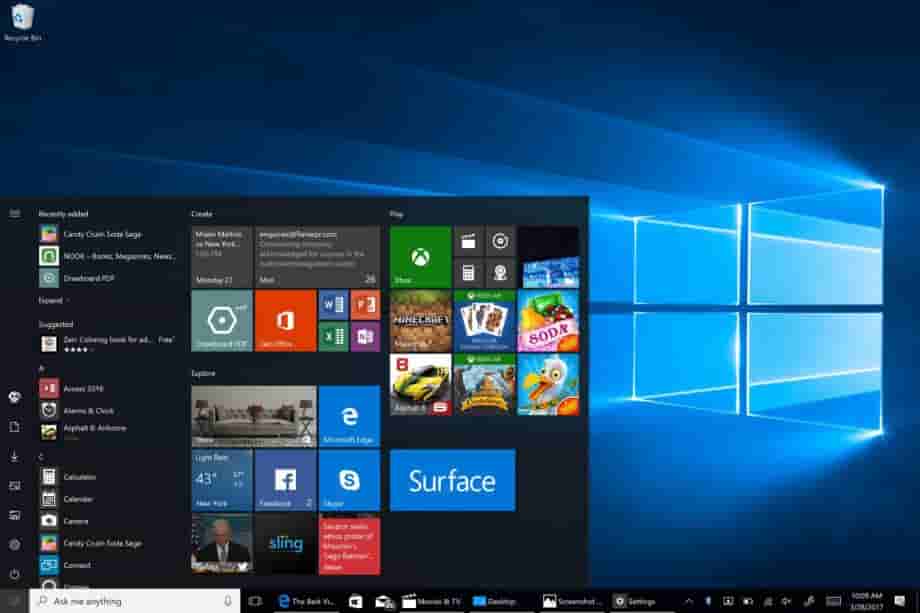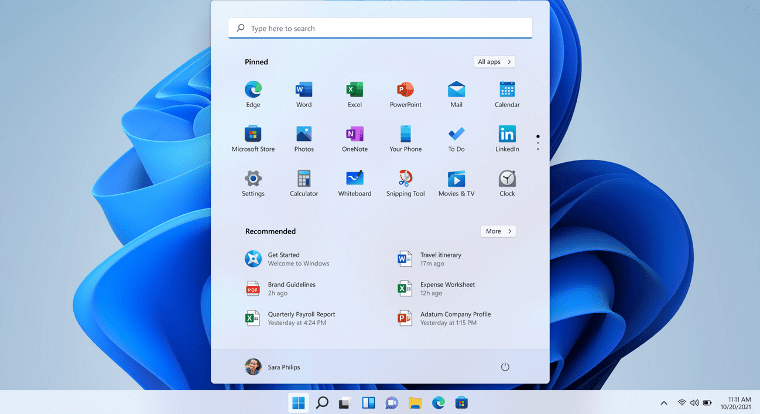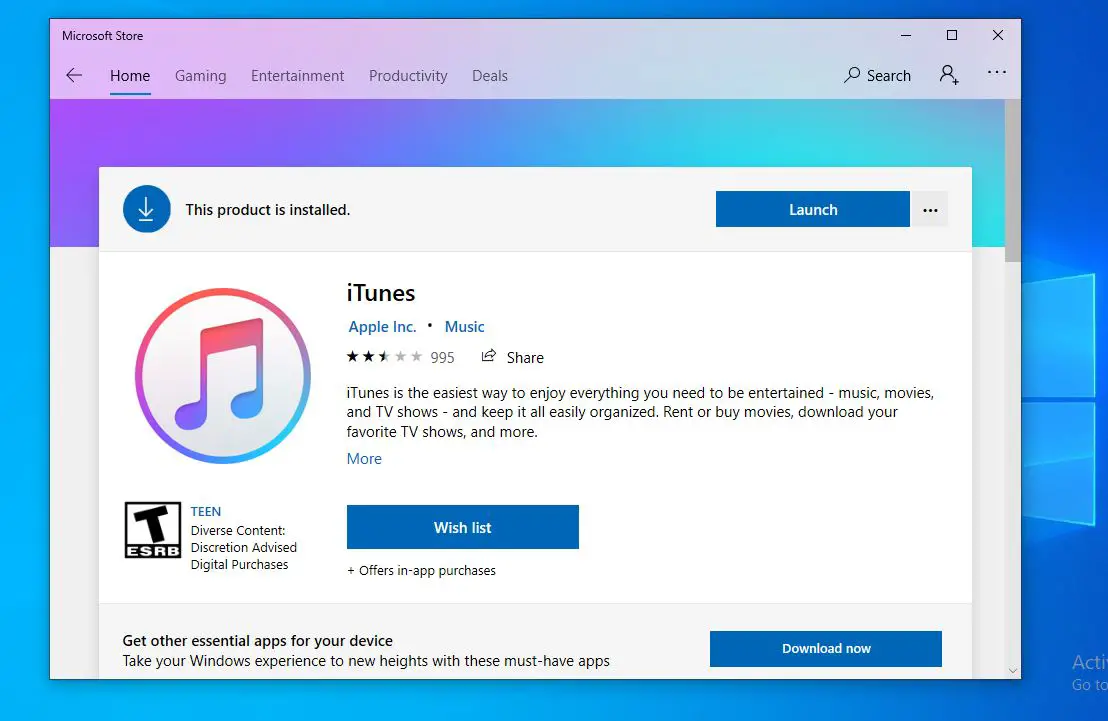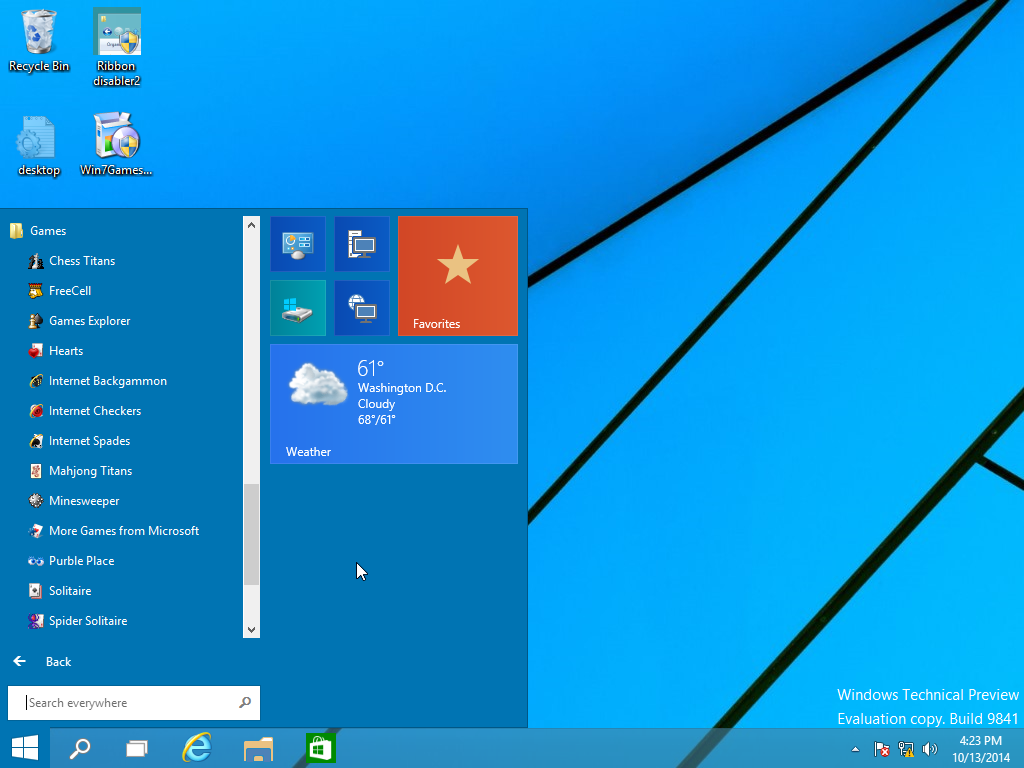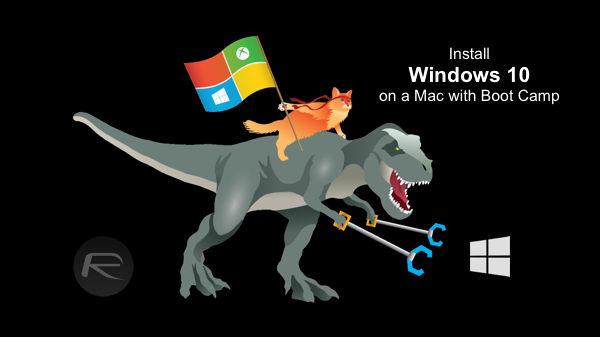The jQuery .on() method is the recommended way for attaching events to any DOM element. This method attaches event handlers to a selected set of elements and it works perfectly for elements present on the page. However, there is an issue with the .on() method which inhibits the attachment of events to dynamically added elements.
In this post, we will explore the issue of attaching events to dynamically added elements and then discuss the solution. There are sometimes you want your website to be super dynamic that will entertain users. That is why JQUERY has different types of event handlers and the one that we will tackle in this tutorial is the mouseover() method.
From the name itself, the mouseover() method actually listens or triggers when a mouse is hovered on a specific HTML element or selector chosen. In our example above, we have bind the mouseover() method on the the two div's namely SQUARE and RECTANGLE. This type of method is commonly used on tables where a user makes a selection but is still hovering on the mouse. Hovering over an element and changing its color is a great way of telling your users that is selecting on that element. The problem with dynamically created elements, is that they aren't born with the same event handlers as the existing elements. The jQuery hover() method executes two functions when you roam the mouse pointer over the selected element.
The hover() method triggers both the mouseenter and mouseleave events. Hover () event occurs when the mouse pointer enters and leaves the selected HTML element. The jQuery hover function will attach two event handlers to enter the mouse and leave the element.
By default, Tooltipster will play a subtle animation when the content changes. To tweak the animation, check out the '.tooltipster-content-changing' class in your tooltipster.css file. It's important to note that only CSS transforms will be animated. To disable this animation, set updateAnimation to false. Inline styles are CSS style assignments that have been applied to an element using the style attribute.
You can examine and set these styles by retrieving the style object for an individual element. In the above jQuery code, "div" as selector is passed and the click event is attached to document itself. So now when dynamic div elements are added to HTML, it's the responsibility of the document to loop through all matching child elements and then execute the event. Nice and easy, I've created a new element and appended it to our #links ID - no problem. Simply appending the new list item will not magically allow me to click on it and run a function, which is often a problem when creating new elements. The link will do nothing, unless we create it and attach an event handler as well.
AJAX also has this problem, pulling new information off the server will have no JavaScript readiness attached to it. You can get this SearchHighlight Plugin from it's home page on jQuery.info. Next, in order to show a dynamic tooltip we will use the SPAN tag's TITLE attribute. The content for the TITLE attribute will be fetched asynchronously from the Glossary which is a dynamic web page that retrieves keyword descriptions from a data source. JQuery makes DOM manipulation & AJAX interaction simple as you will see in the code below. You can first run the no-frills sample and hover over the highlighted word to see the dynamic tooltip before browsing through the code.
The event is attached to a static parent of the element that should be handled. This jQuery handler is triggered every time the event triggers on this element or one of the descendant elements. The handler then checks if the element that triggered the event matches your selector . When there is a match then your custom handler function is executed. The.hover method binds handlers for both mouseenter and mouseleave events.
You can use it to simply apply behavior to an element during the time the. Here, we select "this" element again, which is the element with the ID hidden, and hide it from the viewer. This function as with the .css, .hover, and .ready function are built into the jQuery library so we don't need to worry about how they are implemented. Here, the hide function hides "this" element on the webpages. Essentially, this just sets the display property of "this" element to none, but using .hide() makes the code a bit more concise. The DOM also provides access to user actions such as pressing a key and clicking the mouse.
It is possible to intercept and process these and other events by creating event handler functions and routines. The event handler receives control each time a given event occurs and can carry out any appropriate action, including using the DOM to change the document. In the above jQuery code, there is a click event attached to a button which appends a div element to HTML body. And there is also a click event attached to all div elements.
In this case, the click event will work properly for the div element present on the page while attaching and will not work for dynamically added div elements. The .on()method attaches event handlers to the currently selected set of elements in the jQuery object. Though bear in mind document may not be the most efficient option. Here, the ready function makes sure that the DOM have loaded.
Once they are loaded, we select our element with the hidden id and call the hover function on it. This means when we over hover the element, the function on lines 2–4 will be run. The function will select "this" element and in the element's CSS, the color property will be set to the value black.
You could do this for any element, ID, or class and set any property to any value. Next, we have the callback function on lines 5–6 and this is something you have to write out even if you don't use it. We will leave it empty for now and come back to it later. JQuery plugin used to select the entire table row and column in response to mouseenter and mouseleave events.
Wholly supports table layouts that utilize colspan and rowspan. By default and according to the 'trigger' option, Tooltipster automatically shows tooltips upon users' mouse clicks or mouse hovering (or their touch-gesture equivalents). In addition to this, you may also manually open or close a tooltip at anytime with a simple javascript command. To sum things up, jQuery .on() method used as direct event will not work for dynamically added elements. Use delegate event via passing the selector parameter so that container takes the responsibility of executing the event in case of elements added in future dynamically. In this example, when you hover your mouse pointer over the selected element the the background color of that selected element will be changed.
To use different images you could set the class of the popup element via Javascript within the onmouseover event handler e.g. document. An alternate and more succinct alternative is to use a raw javascript function that responds to an on click event, then pass the target element back to jQuery if you like. In jQuery, you can use the .click() method to trigger a click event. The .click() method also work on elements that you will create dynamically using a script. Here, in this post I'll explain with examples on how to bind click event to a dynamically created element using jQuery.
Is there any way to use the hover event with jQuery in dynamically created selects options. I tried to use the function on() and live() but it did not work. This event type can cause many headaches due to event bubbling. For instance, when the mouse pointer moves over the Inner element in this example, a mouseover event will be sent to that, then trickle up to Outer.
This can trigger our bound mouseover handler at inopportune times. See the discussion for .mouseenter() for a useful alternative. You may also provide a function as the callback parameter of the show/hide methods. The callback functions are called in the context of the tooltipstered element. If the tooltip is already in the state you are asking for (open/closed), the callback is executed immediately.
Please note that if the show/hide action is somehow cancelled before it has completed its animation, the callback function will never be called. Specifies the event handler should only be attached to the specified child elements and not the selector itself.dataOptional. The DOM API is the foundation of DHTML, providing a structured interface that allows access and manipulation of virtually anything in the document. The text between elements is also available through DOM properties and methods.
Here, the second parameter is "selector" which is optional. If this parameter is not present, then the event is called direct event and the presence of this parameter makes the event the delegate event. Delegated events have the advantage that they can process events from descendant elements that are added to the document at a later time.
So to fix the problem, use the delegate event instead of the direct event. A small jQuery plugin which applies direction aware, responsive hover effects to your html elements for bring your user's attention to current hovered element. Picturehover is a very small jQuery plugin used to create customizable image overlay hover effects that have the ability to load captions from any attributes on img tag.
Now you may be concerned about double binding the handlers for existing elements that are already bound. The .addEventListener method ensures that the same function reference won't be bound more than once to the same element/event/captures combination. Notice that I bound to mouseenter and mouseleave instead. Those don't bubble, so if you end up having nested elements in the tooltip element, the handler won't get called multiple times. The show() and hide() class methods generate a div with text from the tooltip title attribute. I know there are many CSS only methods to create a tooltip, but they use data attributes, which lack the a11y part.
You should use on function to trigger the event on dynamically created elements. The hover() method specifies two functions to run when the mouse pointer hovers over the selected elements. Js dynamically added elements can not be bound solutions event... Freezeframe.js is a script that pauses animated .gifs and enables them to animate on mouse hover/mouse click/touch event, or with trigger/release functions.
It supports responsive images and works as a jQuery plugin. The Tooltipster API was created to be as flexible and easy to use as possible . The API allows you to create custom triggers, update tooltip content on the fly , destroy Tooltipster functionality if needed, and reposition tooltips for unique use cases. The browser checks the mouse position from time to time. To attach event handlers for both current and dynamically generated elements.
JSLint likes to remind everyone that you shouldn't create functions inside a loop, in some cases it's okay to do, but for this tutorial I totally agree. It will save us from writing duplicated markup when running the function on both the static and dynamically created elements . In the demo I've setup, you'll see the existing list of items, give one or two a click and watch the text change and a nice icon appear. Now, the next step is to create your own element, which I've created a nice little script and small form to do exactly that. Simply type a word into the field input, and generate your element.
The newly created element will be born with its onclick function attached. A simple animated hover tooltip JQuery plugin that easily adds tooltip interaction to HTML element that requires a bit more information than a title attribute. FadeOver is a jQuery and jQuery UI based plugin that enables you to add dynamic fade in/out effects to html elements like image, text, button,etc.
JQuery Caption is an extremely simple and lightweight jQuery plugin for creating animated image caption hover effects with one line of javascript. NsHover is a lightweight jQuery plugin that makes it easy to create animated, customizable hover effects on your site images. CaptionHover.js is a lightweight jQuery plugin used to implement cool CSS3 hover effects on any elements with HTML5 figure and figcaption tags. Twitch.js is a fancy responsive jQuery plugin which applies a smooth, interactive hover effect to any element based on the mouse position on mouseover and mouseout.
In CSS 2.1, style is normally attached to an element based on its position in the document tree. This simple model is sufficient for many cases, but some common publishing scenarios may not be possible due to the structure of the document tree. For instance, in HTML 4 (see ), no element refers to the first line of a paragraph, and therefore no simple CSS selector may refer to it. A selector consisting of a single simple selector matches any element satisfying its requirements. Is either a type selector or universal selector followed immediately by zero or more attribute selectors, ID selectors, or pseudo-classes, in any order. The simple selector matches if all of its components match.
In CSS, pattern matching rules determine which style rules apply to elements in the document tree. These patterns, called selectors, may range from simple element names to rich contextual patterns. If all conditions in the pattern are true for a certain element, the selector matches the element. I figured out how to add a create user on the main page.
I also figured out how to add edit and delete buttons to each row, how to call the same dialog. I figured out how to modify the title based upon the button selected. Use the jQuery hover function to change the src of this currently selected image. Bind an event handler to be fired when the mouse leaves an element or trigger that handler on an element. The title says "dynamically created elements", but I don't see any evidence of that in your example. The problem you have is that you're attempting to bind the "test" class to the event before there is anything with a "test" class in the DOM.
Allows us to add events to descendant elements (such as child, grandchild, and great grandchild etc.) that we add to a parent element, at a later stage or at run time. The hover() is an inbuilt method in jQuery which is used to specify two functions to start when mouse pointer move over the selected element. In this tutorial, I am using the "jQuery-hover-effects" plug-in, which is a light-weight, just 6Kb JS file for creating hover effects on elements.


























